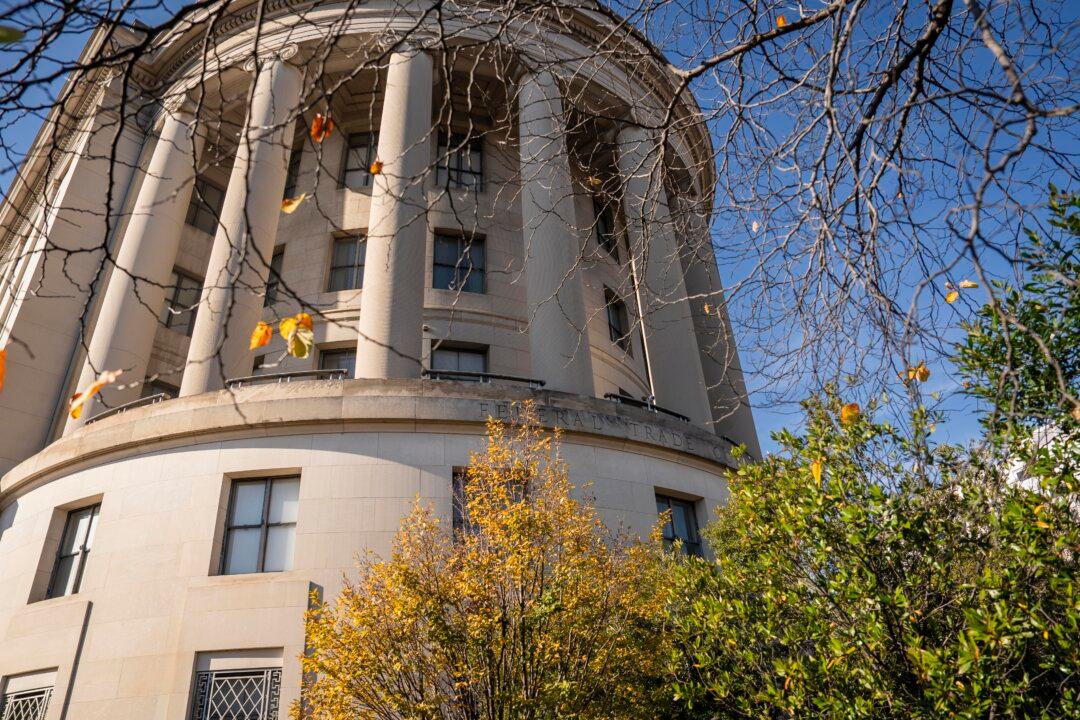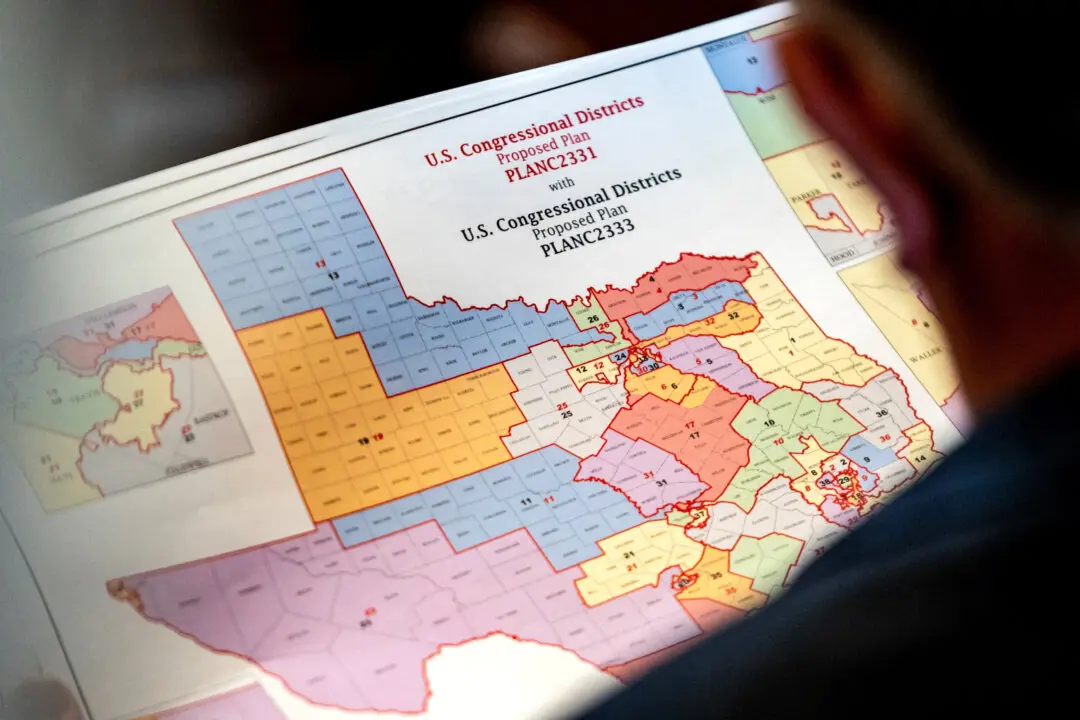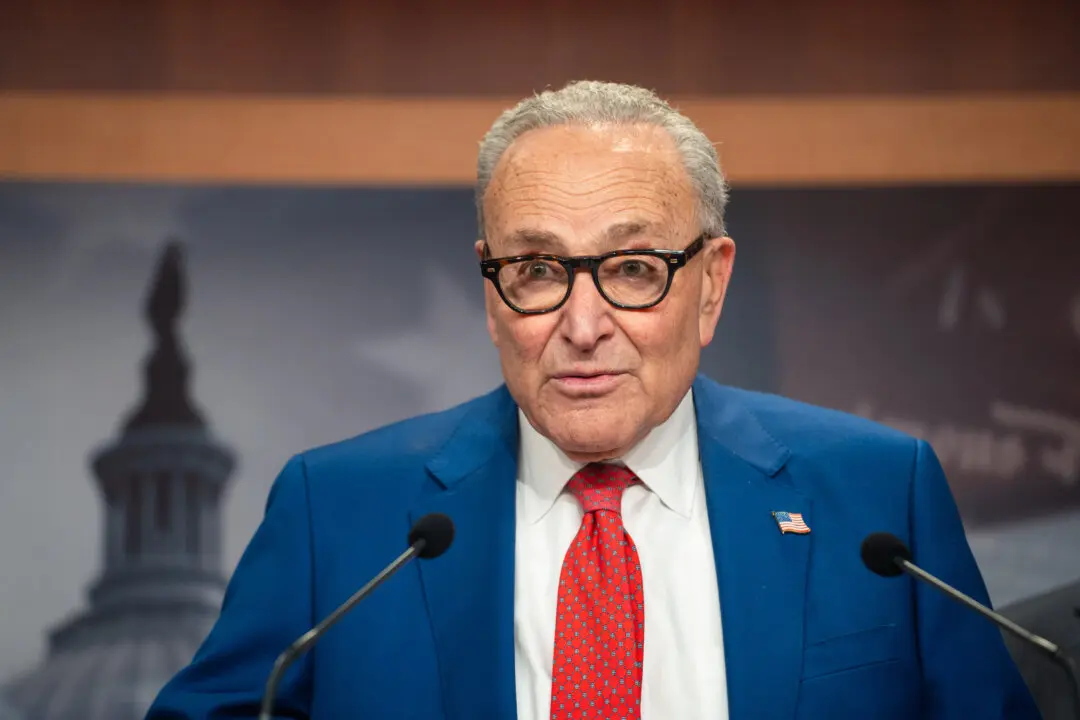The Federal Trade Commission (FTC) announced on Tuesday a sweeping new rule that prohibits so-called junk fees in live-event ticketing and short-term lodging, a measure the agency says will save American consumers billions of dollars every year and increase price transparency.
The rule, officially called the “Rule on Unfair or Deceptive Fees,” requires that businesses clearly and conspicuously disclose the total price of tickets and lodging up front, including all mandatory fees.





